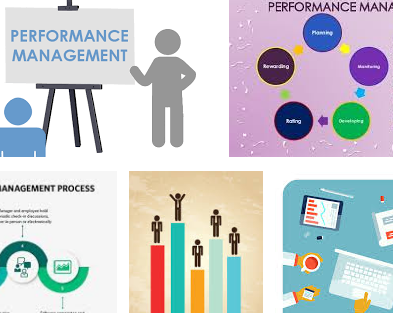The connection between stakeholder management, profitability and accountability is currently being challenged to meet the changing environment. Since stakeholders’ concerns around the management of the firm’s profitability actually have significance for a collective view for commercial accountability according to Brooks and Dunn.
While internal key stakeholders were positively related to performance, external key stakeholders were negatively correlated show the relationships between stakeholder management and firm performance can positively affect the bottom line were questionable. However, with the opportunity costs of prioritizing these resources, suggest a desirable well-balancing act to achieving optimal firm performance (Galbreath 2006). The optimum balanced distribution of all major stakeholders according to Brooks and Dunn can be difficult to find. Therefore such struggle is open to ethical decision-making problems where the involuntary or deliberate misuse of mutually owned assets highlights the corporate ethical failings made by decision makers.
For that reasons the lacking the awareness of moral issues conceivably stand for the “audit negligence” (Korda 2011) adding to the ethical challenges for business. Heath and Norman (2004) argue that shareholder interests and control are critical to broadening the interests of other stakeholders within the firm. While Coso (2004) states the understanding of the changing ethical expectations for business is to satisfy stakeholders’ needs and to support the firm’s objectives through decision making.
And so, business positive impact may offset negative impacts that might create value. Value creation is the strategic resources, useful for objective-setting processes to formulating plans capitalizing the opportunities effect.








